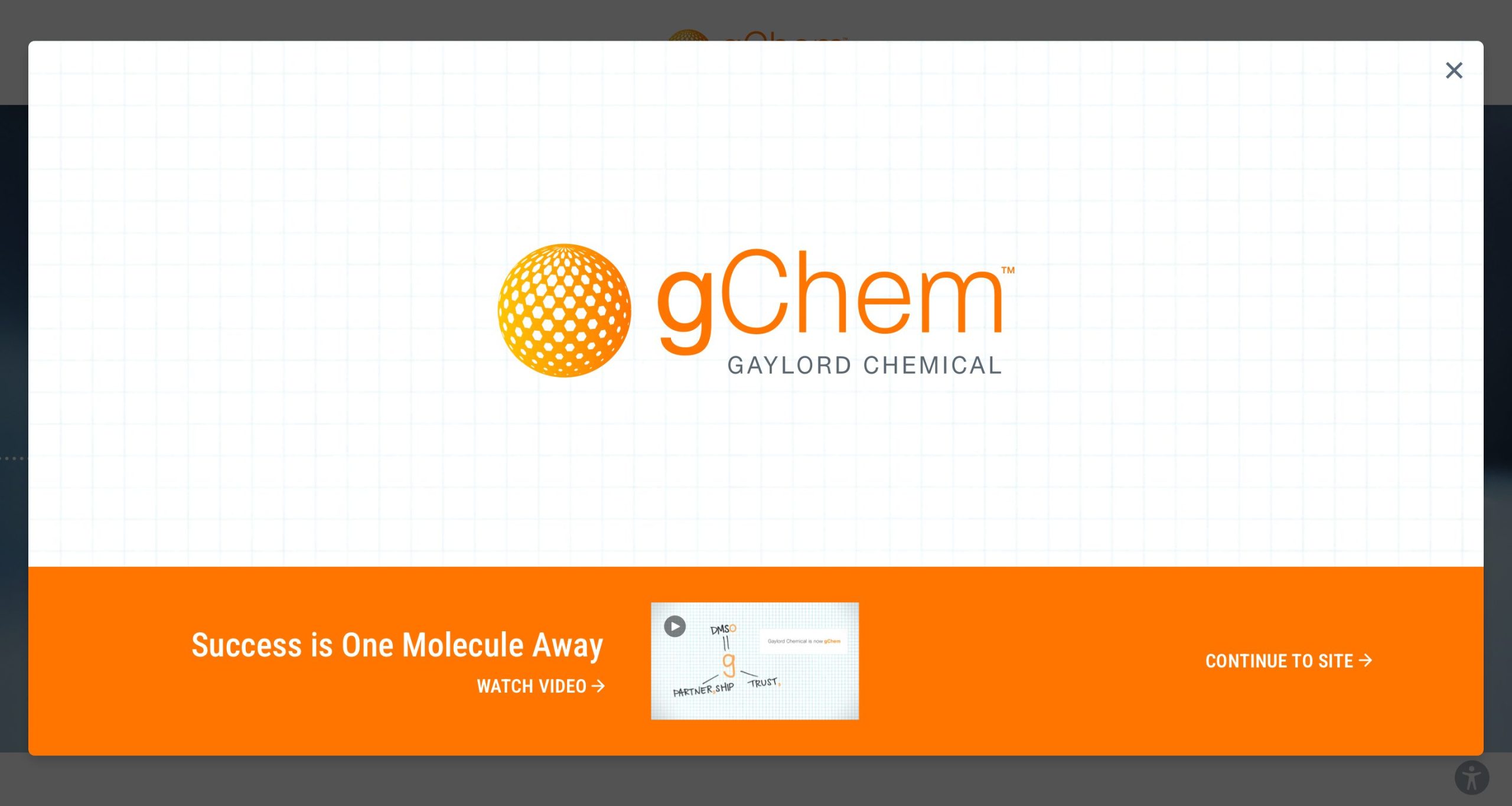Biotechnology
Procipient® (Dimethyl Sulfoxide USP, Ph. Eur.) has various functions in the Biotechnology segment.
DMSO is the most widely used medium for the cryopreservation of living cells and tissue and is regularly utilized in the synthesis and purification of proteins and peptides. DMSO is also highly effective in drug delivery systems designed to deliver proteins, peptides and carbohydrates.
Key Applications include:
Procipient®: The leading DMSO for Biotechnology and Healthcare
- Unique thermodynamic properties essential for Cryopreservation
- Dissolves high molecular weight peptides
- Extremely high purity profile
- Water-white odorless liquid
- Essentially non-toxic, not CMR

Cryopreservation
Procipient® (Dimethyl Sulfoxide USP, Ph. Eur.) is used in the cryopreservation of cells and biological tissue for a variety of end use applications. These include tissue banks, vaccines, drug delivery applications, cell culture and in laboratory cell testing.
A unique combination of physical properties has established DMSO as the standard in cell preservation.
DMSO Passes through cell membranes more readily than glycerol and is also useful as a cryoprotectant. When combined with water, DMSO exhibits unique and interesting thermodynamic properties. The eutectic mixture of the combination results in a liquid at minus 80°C. As the temperature decreases in the cryopreservation cycle, the cell is protected from freezing and the deleterious effects of ice crystals.

Histology and Cytology
Histological and cytological procedures are multi-stepped and time consuming. Dimethyl sulfoxide is added to proprietary blends of plastic polymer paraffin waxes which reduces infiltration times and facilitates thin sectioning.
(Culling CFA. Handbook of Histopathological and Histochemical Techniques. 3rd ed. Sydney: Butterworths. 1974)
- DMSO is believed to scavenge residual transition solvent and likely alter tissue permeability by substituting for or removing bound water thus improving infiltration.
- One example case on the market today is Paraplast Plus®. This product is similar to the original version, Paraplast®, except that the Plus incorporates a low level (<0.1%) of dimethyl sulfoxide (DMSO) for faster tissue penetration. According to the manufacturer’s claims, this slight variation in composition typically results in a shortening of infiltration times by one third.
- DMSO is also used in stains for nucleic acid where degree and intensity of staining is improved with the use of DMSO.
Peptide Synthesis
DMSO is used as a reaction solvent in the solid phase synthesis of peptides, during coupling operations between resin-bound fragments and activated carboxyl groups on the incoming fragment. A variety of coupling agents have been reported in this step, including TBTU/HOBt/DIPEA, DIC/DHBt, and HBTU/ HOBt/DIPEA.
In a review of strategies for the convergent synthesis of proteins, it was reported that performing the coupling step in DMSO using a DCC/HOBt coupling system resulted in a low degree of product epimerization:
Adapted from Barlos, K.; Gatos, D. Biopolymers (Peptide Science), Vol. 51, 266-278 (1999)
Solubilizing Peptides and Proteins
DMSO is widely used to dissolve proteins/peptides for purification via preparative HPLC in reverse-phase mode.
It is also used as a reaction solvent for protein modification reactions due to the ability to dissolve high molecular weight peptides when other solvents fail.
Technical Service and Consultation
Gaylord Chemical provides application specific technical service in support of all of our product grades. From formulation development and regulatory consultation to Engineering and Design consultation, we’re here to help.







